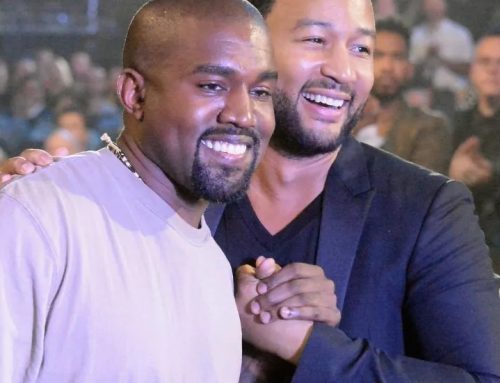“I love a good mystery story,” opens a new legal memorandum from Nicki Minaj. “Don’t you? That is what this case is: a good mystery story.”
It’s now time for more in the heavyweight copyright battle between Tracy Chapman and Nicki Minaj over the latter’s “Sorry,” which was derived without permission from Chapman’s “Baby Can I Hold You.” Earlier this month, Minaj took the position in a summary judgment motion that her demo recording made fair use of Chapman’s copyright. To hold otherwise, her lawyers argued, would be to ruin the ability of artists to experiment in the studio. It would mean that musicians would need a license before even creating a work. A cute argument surely, and one that sparks a solid rebuttal, but what about how “Sorry” got leaked to Funkmaster Flex, who had a popular radio show in New York? Isn’t Minaj liable for that?
In Minaj’s latest court papers (read here), she goes back to how in early Aug. 2018, just days before the release of Queen, she sent Flex a private message on Instagram teasing “Sorry,” the song recorded with hip-hop superstar Nas that she couldn’t clear for the album. Specifically, Minaj wrote the New York DJ: “Hey. I got a record I want u to world premier. The week [the] album drops. U will be the only one with it. I’ll have jean hit u to explain. Keep it on the low. Wait til u see who’s on it. Not going on album either. No one will get it.”
A week later, “Sorry” did premiere on New York radio, and it was then posted by the radio station on the Internet. Chapman kept issuing DMCA takedown notices and is now in the midst of a copyright case that her lawyers call a “textbook example of willful copyright infringement.”
Isn’t the Instagram conversation proof? Well, not so fast, says Minaj.
“At the time I sent these messages, I intended to send Flex a copy of Sorry to play on his radio program,” she testified. “That day, however, I had a change of heart. I never sent the recording.”
Minaj added that when she learned that Flex had gotten a copy, she told him, “You can only play official album material sir.”
Flex testified that he received the recording from one of his “bloggers.” One recording engineer in the studio with Minaj and Nas confirmed that he didn’t pass along “Sorry” to Flex. Given all this, Minaj’s attorney Peter Ross writes that the “evidence, in many instances directly contradicts Chapman’s story” that Minaj passed along the contraband. It “leaves open many possibilities as to ‘who done it?'”
Is a trial appropriate? Minaj’s attorneys seems to suggest it is. They’re even hinting as possible other culprits.
“We do not know to whom management, the record label, or the clearance team may have sent a copy,” continues a summary judgment opposition. “And Nas had a copy, as Chapman notes in her own motion. He, of course, would be an obvious target, if Flex and his interns were reaching out to a source to find the recording.”
This article was originally published by The Hollywood Reporter.






